
Financial Safety Net: Building Your Emergency Fund
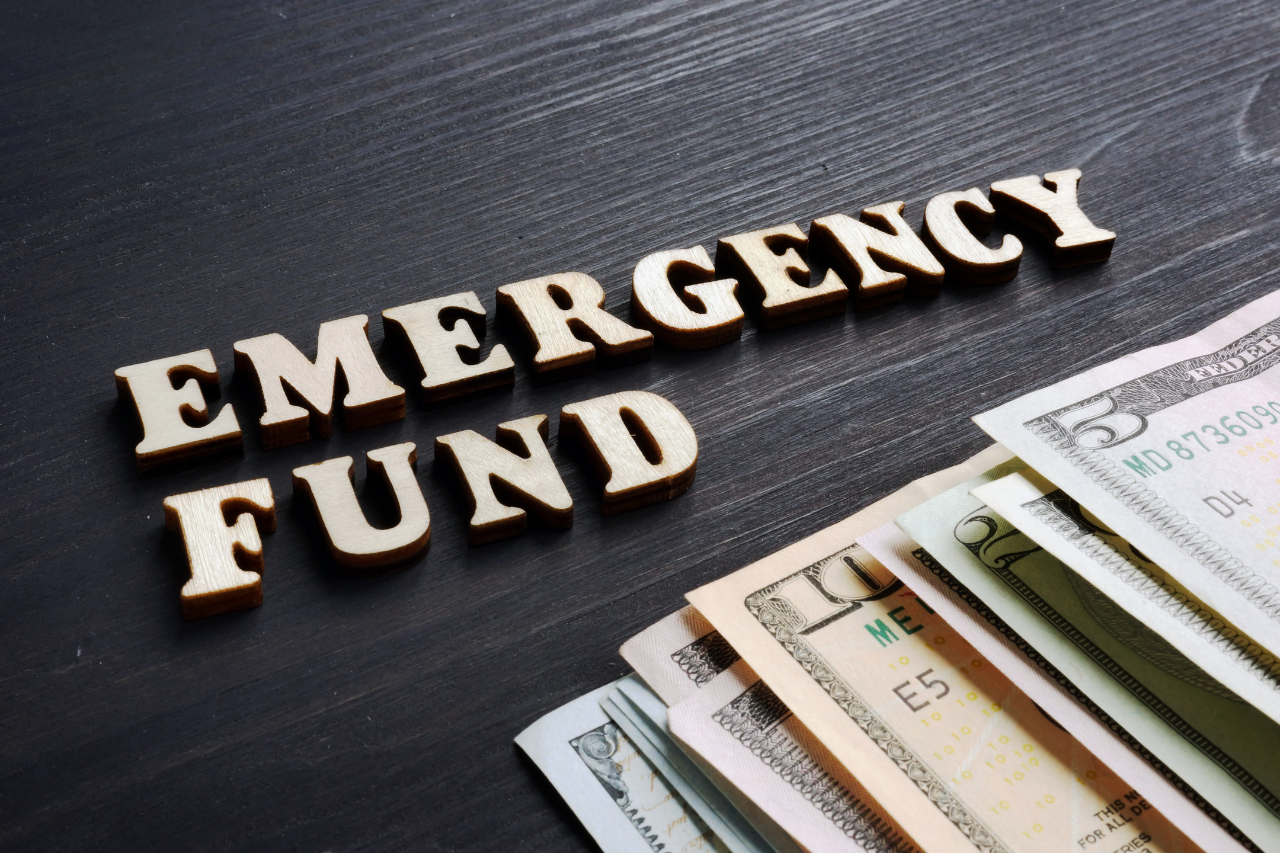
Share:
Saving for emergency funds can be a daunting task, but it’s an important part of financial security. Having an emergency fund in place gives you peace of mind that you have the resources to cover unexpected expenses, such as medical bills, auto repairs and more. In this article, we’ll discuss how to save emergency funds, building an emergency fund and other emergency fund saving tips. By following these guidelines, you’ll be better prepared to handle any emergency that may arise. So let’s get started!
What is an emergency fund?
An emergency fund is a savings account set aside specifically for unexpected expenses or financial emergencies. This money should not be used for planned expenses or for things that can be saved in advance.
Key Takeaways
– Start saving as soon as possible. Setting aside a small amount of money each month can help you quickly build an emergency fund.
– Automate your savings. Make emergency fund savings part of your regular budget and set up automatic transfers from your checking account into your emergency fund to make it easier to save without having to think about it.
– Set a goal and track your progress. Determine how much emergency savings you need and make sure you’re staying on track as you work toward that goal.
– Prioritize emergency savings. Your emergency fund should be one of the priorities in your budget, since having emergency funds available can help provide financial security.
– Utilize emergency fund accounts. Consider setting up a separate emergency fund savings account, such as a high-yield online savings account, to help you reach your emergency fund goals quickly and easily.
Why do I need an emergency fund?
This is a question many people ask when they are trying to figure out how to save for emergency expenses. An emergency fund is an account that can be used to cover unexpected expenses or provide a cushion during difficult financial times. Having an emergency fund in place can help you feel more secure and better prepared for any emergency situation that may arise.
How much to save in your emergency fund?
It is recommended to save anywhere from three to six months’ worth of expenses in your emergency fund. This amount may vary depending on your individual needs and financial situation, but it should be enough to cover any emergency expenses that come up unexpectedly.
Building an emergency fund:
The first step towards building an emergency fund is setting a goal. This can be done by determining how much emergency savings you need to cover three to six months’ worth of expenses. Once you have established your emergency fund goal, it is important to set up an emergency fund account and start making regular deposits into the account each month.
It is also important to review your emergency fund regularly so that you can adjust your emergency savings goal as needed. This review process should include assessing your emergency fund balance, emergency expenses and emergency needs. Making adjustments to your emergency fund goal is also recommended if there are any financial changes that could affect how much you need to save for emergency expenses.
Emergency fund statistics:
According to emergency fund statistics, nearly one-third of Americans do not have any emergency savings. This statistic is concerning as emergency funds can provide important financial protection and peace of mind in the event of unexpected expenses. It is clear that more people need to prioritize building emergency funds. Ultimately, an emergency fund is a great way to prepare for emergency situations and have a financial cushion in place.
Where should I keep my emergency fund?
When it comes to emergency fund saving, a high-yield savings account is usually the best option. High-yield savings accounts offer more competitive interest rates than traditional savings accounts and can help you grow your emergency funds faster. Additionally, these accounts generally have fewer fees and restrictions than other types of emergency fund investment vehicles.
What about borrowing to cover an emergency?
Borrowing money to cover emergency expenses can be tempting, but it should always be a last resort. Borrowing money can leave you with more debt and additional interest payments, making it difficult to get back on track financially.
Can insurance help protect me in an emergency?
Insurance is also a great way to protect yourself in emergency situations. Health, life, auto and homeowners insurance can help offset emergency costs and provide financial protection when unexpected expenses arise.
How long does it take to build an emergency fund?
The amount of time it will take to build an emergency fund depends on your individual situation and emergency fund goals. Generally, it is recommended to start building an emergency fund as soon as possible and make regular deposits into the account each month. With consistent saving and smart budgeting, you should be able to reach your emergency fund goal within a few months or years.
What is the 50-30-20 rule?
The 50/30/20 rule is a great way to structure your emergency fund saving. The rule states that you should allocate 50% of your budget to essentials like housing, food and transportation; 30% to wants such as entertainment, vacations and shopping; and 20% to savings, investments and emergency funds.
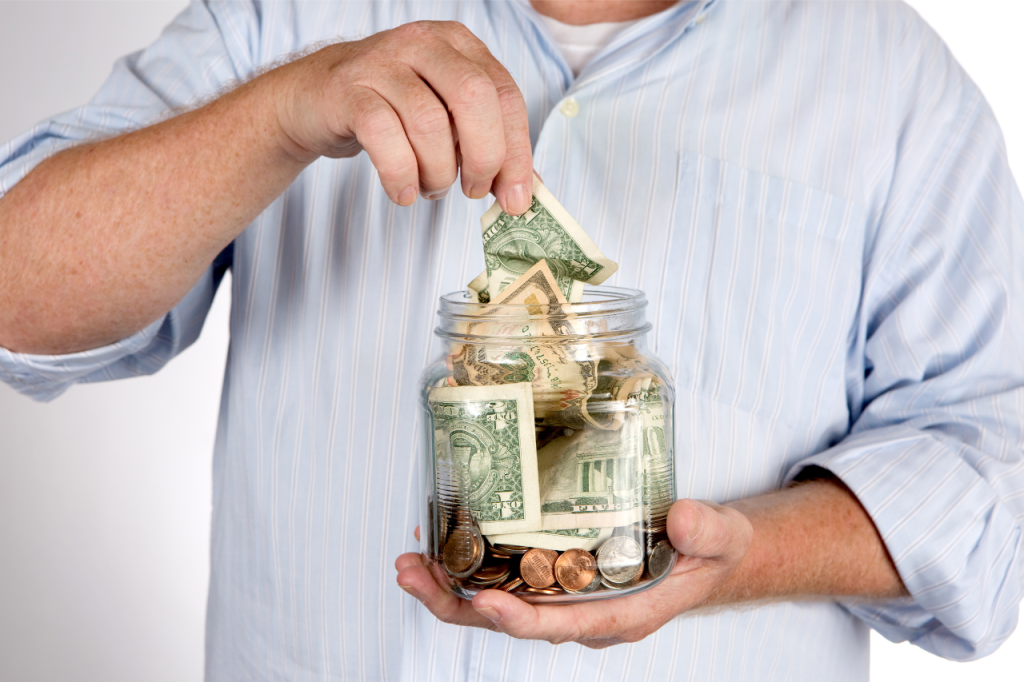
What is the best savings account for an emergency fund?
When looking for the best emergency fund savings account, focus on accounts with no minimum balance requirements, low costs and fees, and high-yield interest rates. High-yield savings accounts are usually the best option as they offer higher interest rates than traditional savings accounts. Additionally, these accounts typically have fewer restrictions and fees, making them a great choice for emergency fund saving.
Bottom Line
By creating an emergency fund, you will be better prepared to handle emergency expenses and have peace of mind knowing that you have a financial back up plan in place. Major life events such as job loss, emergency medical bills or emergency home repairs can be made more manageable with an emergency fund in place. Having emergency savings can help you remain financially secure even during difficult times. Building an emergency fund is an important part of any financial plan and should be a priority for anyone looking to become financially secure.
By following the tips outlined above, you will be on your way to creating a secure emergency fund that can help you during emergency situations. With an emergency fund in place, you will feel more confident knowing that unexpected expenses won’t derail your financial goals. Building an emergency fund is an essential part of any financial plan, and it can provide invaluable security in times of need. With a little discipline and planning, you can have peace of mind knowing that your emergency fund will be there to help when you need it most. Good luck!
Most Popular


What is Coffee Bloom and why does it happen?

20 Best Books Made Into Movies And TV Shows

Money Matters: 19 Best Personal Finance Books
Subscribe To Our Weekly Newsletter
Categories
Related Posts

Money Matters: 19 Best Personal Finance Books
Share: Financial planning is a key element of financial success. It can help you secure your financial future and meet any financial goals you may have. Whether you’re looking to

How to Manage Your Money: Transform Your Finances
Share: Taking control of your finances is the first step to better money management. Whether it’s tracking how much you’re spending, setting up a budget or getting organized with your
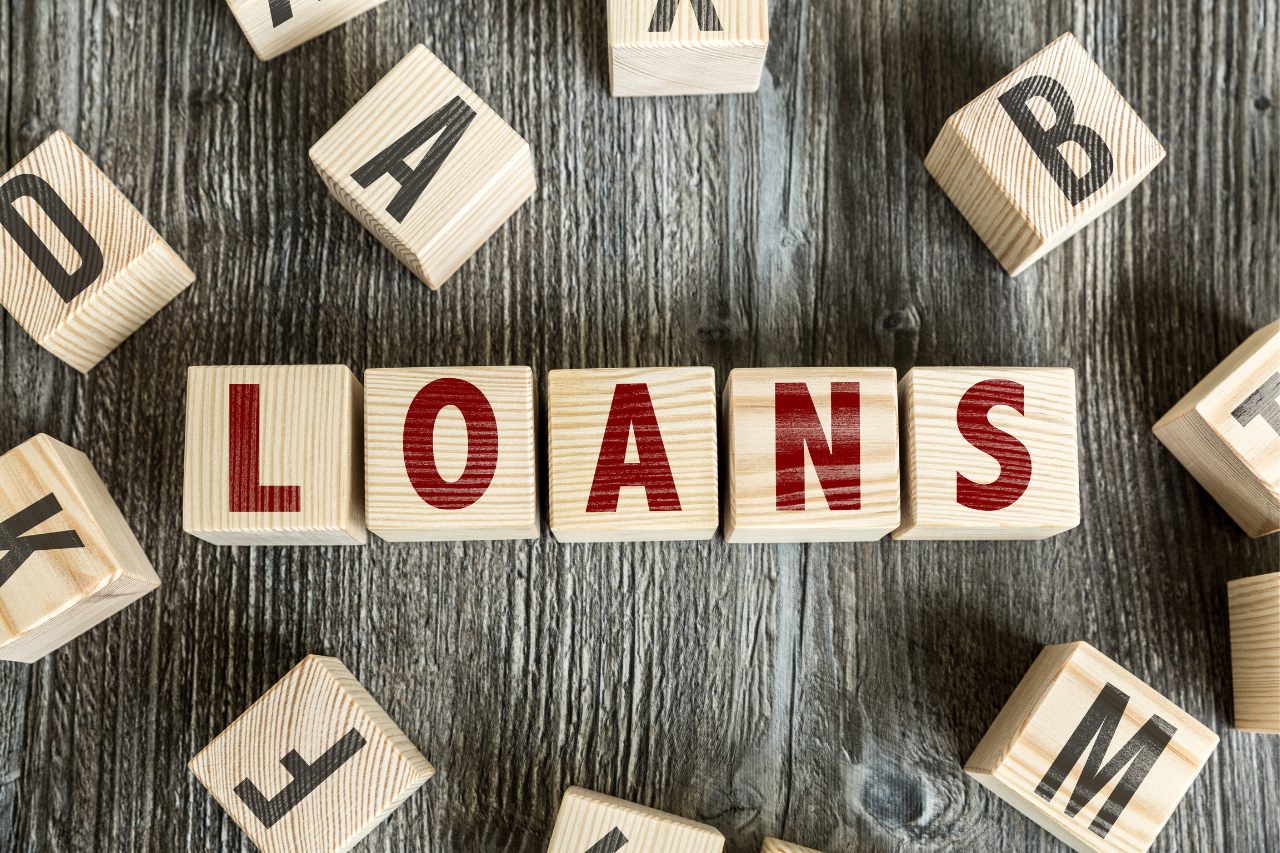
Unsecured Personal Loans: Key Considerations
Share: If you’re in need of funds but don’t have any assets to use as collateral, an unsecured loan may be the right solution for you. Unsecured loans are financial
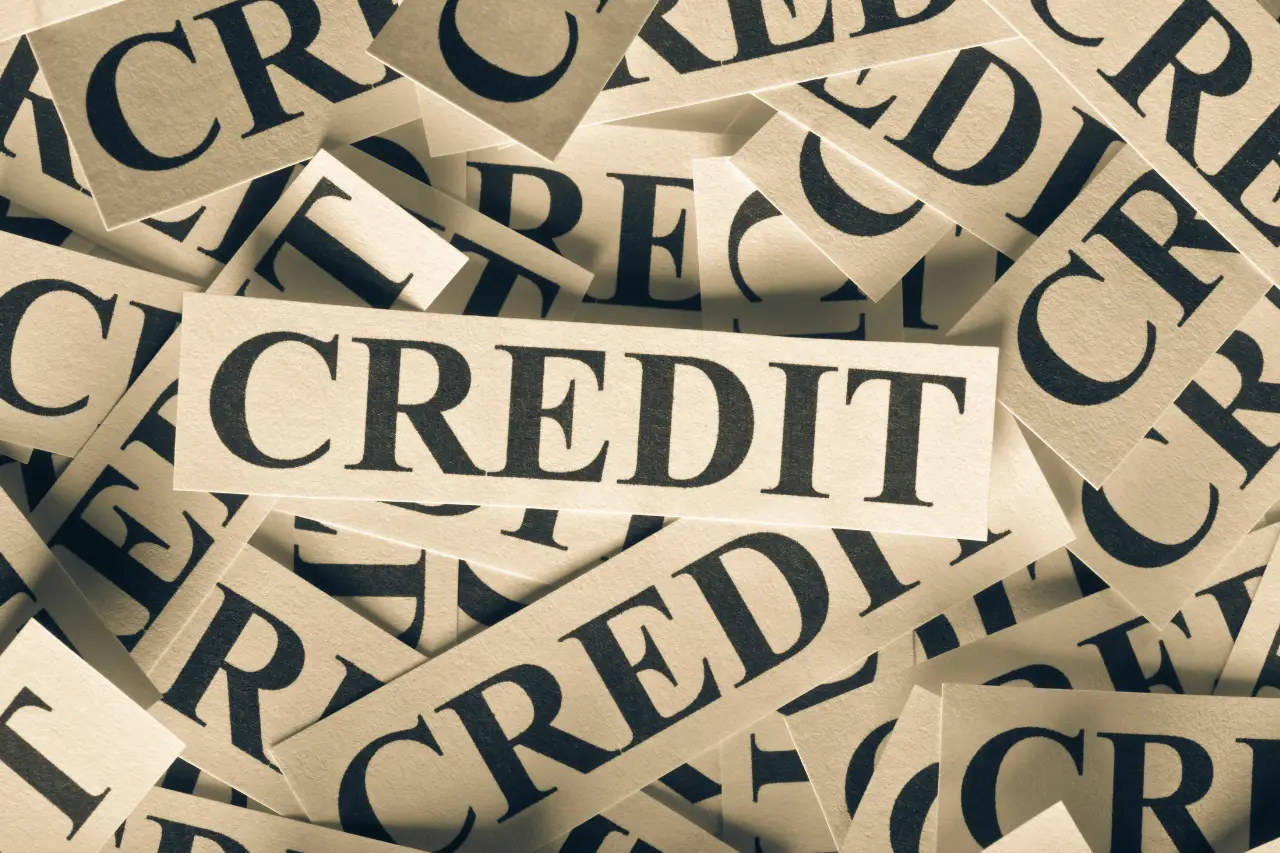
Mastering Credit Inquiries
Share: A credit inquiry is an assessment of an individual’s creditworthiness and is typically conducted by a credit grantor, such as a bank, credit card company, or lender. The inquiry
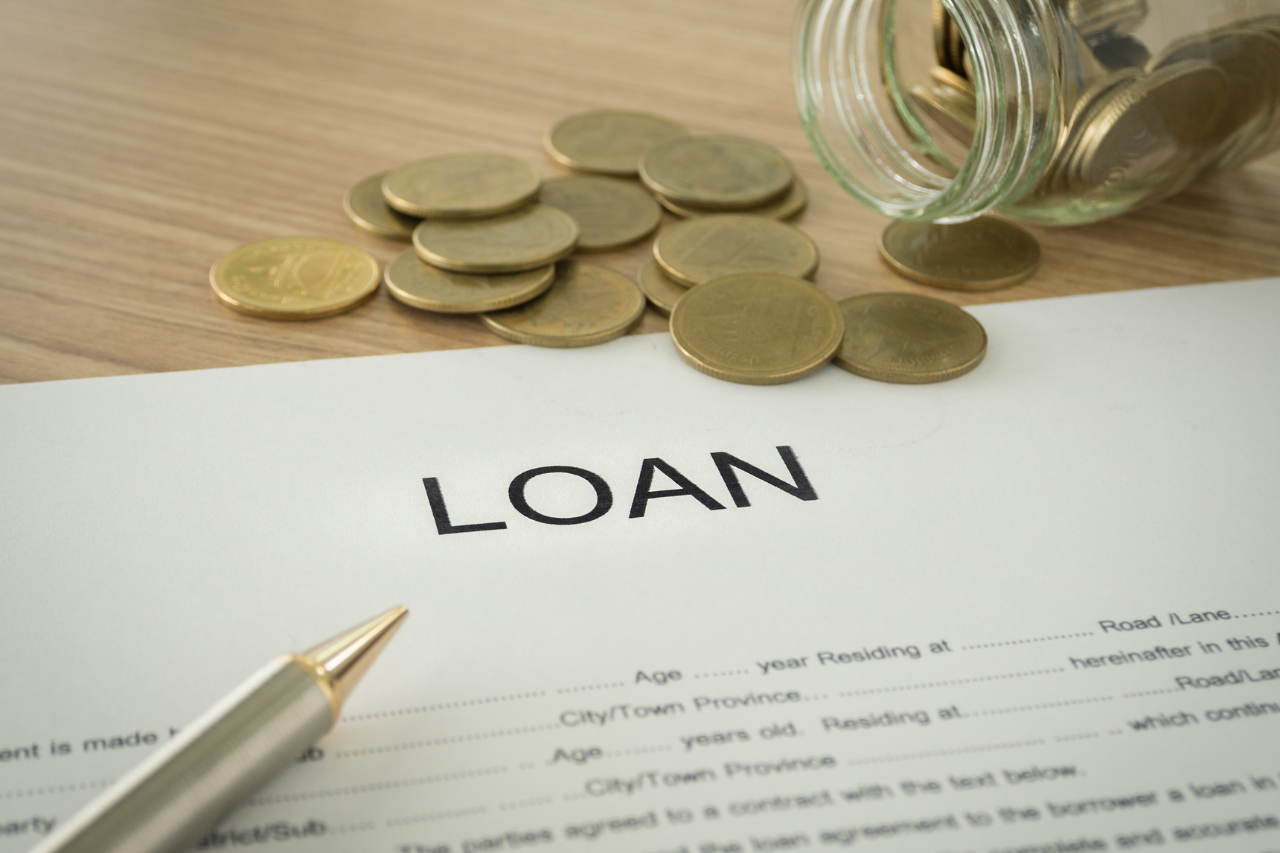
What is a Loan: Navigating Loan Basics
Share: What is a Loan? A loan is a sum of money borrowed by an individual or organization from another party. The borrower must then repay the full amount, plus

Jumpstart Your Business with Grants
Share: If you are thinking about starting a small business, one of the first things you need to do is research the various business start-up grants that may be available

Tips for Successful Loan Applications
Share: Applying for a loan can be a daunting task, but with a little preparation and knowledge, it can be a relatively easy process. There are a few things you’ll

Home Renovation Financing Solutions
Share: What is a home renovation loan? A home renovation loan is a loan used to finance home renovations. Homeowners can use home renovation loans for a variety of purposes,
